Understanding Microaggressions
Although you may not have heard of the term ‘Microaggression’, there’s a very high chance that you may have been on the receiving end of one, or indeed, the deliverer of one. The purpose of this blog is to explain what microaggressions are, what causes people to say them, and how being aware of their existence can help to reduce their presence in the workplace.
What are Microaggressions?
Microaggressions are brief statements or actions that communicate a negative message towards an individual or group. Microaggressions aren’t always intended to be offensive, and are often indirect or unintentional expressions or comments that for the deliverer, are usually well-intentioned.
Quite often, people will shrug off microaggressions as ‘banter’. However, the statement can only be considered banter when there is a high level of rapport between the deliverer and the receiver, and when both parties interpret the meaning of the statement in the same way.
There are two types of microaggressions: prejudicial and non-prejudicial.
Let’s look at some examples of each type.
Do any of the above sound familiar?
Causes of Microaggressions
There are numerous factors that influence our use of microaggressions, however, here are some main causes that we have identified:
Unconscious bias
When it occurs, unconscious bias is natural, unintended, unconscious, but can affect the decisions we make. It occurs when people favour others who share similarities with them. For example, a person may favour someone with a similar educational background, someone from the same area, or who is the same ethnicity as them. Unconscious bias occurs a lot in the workplace and can lead to microaggressions occurring, particularly against those who we are not biased towards. For example, a person is more likely to deliver a microaggression towards someone who is from a different educational background to them, then to someone who perhaps went to the same school as them and grew up in the same area.
Influences
From childhood, we learn all about the world by watching and listening to the behaviours and words of others. A lot of the opinions that we form are heavily influenced by the people in our lives; whether that’s our parents, other family members or friends. This means that the opinions we have about certain things are likely to have been influenced by the main influencers in our lives. For example, if our parents have negative opinions towards a certain group of people, we are likely to have this opinion too, and therefore, more likely to deliver microaggressions towards the people we hold negative opinions about.
Generational
The generation in which we belong can be a cause of the use of microaggressions, particularly ones that are based on someone’s age. A person is categorised into a generation by the year that they were born. Each generation is characterised by certain traits that typically, individuals within that generation possess. These traits are often influenced by the ‘times’ in which that person grew up. For example, baby boomers, who were born between 1944 and 1960, grew up in a time where people’s opinions were completely different to what they are today. Therefore, someone from the baby boomer generation may be more likely to deliver a microaggression to someone from the millennial generation, than to someone who is within the same age bracket as them.
Personality
Personality as a cause is arguably the most unconscious and delivered with the least intent to offend the receiver, then the other causes of microaggressions we have mentioned. Microaggressions that are delivered as a result of someones personality are most likely to be non-prejudicial, and are often behavioural rather than verbal. For example, someone who is extroverted may interrupt a more introverted individual in a meeting, or someone who believes their opinion is the right one, may ignore the opinions of others. In these scenarios, the receiver of the microaggression may take these behaviours personally, however, this is unlikely to be the deliverers intent.
Overcoming Microaggressions
Overcoming microaggressions isn’t an easy feat, especially because their delivery is indirect and unintentional. Raising the awareness of what microaggressions are across the organisation is the best way to reduce their occurrence and to overcome them. Unfortunately, once this has been done, the responsibility to overcome them completely is at an individual level; whether that’s for the receiver to rationalise the intention behind the microaggressor, or for the deliverer to be more aware of what they’re saying.
In Summary: Microaggressions are something that we all will have experienced at some point and yet, many people aren’t aware of when they are delivering or receiving one. Raising the awareness of microaggressors is the best way in which to try and overcome them in the workplace, and as a result, create a more positive working environment.




